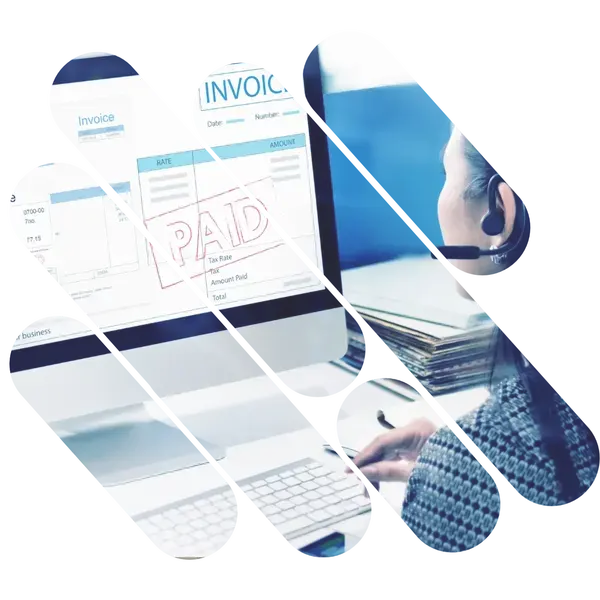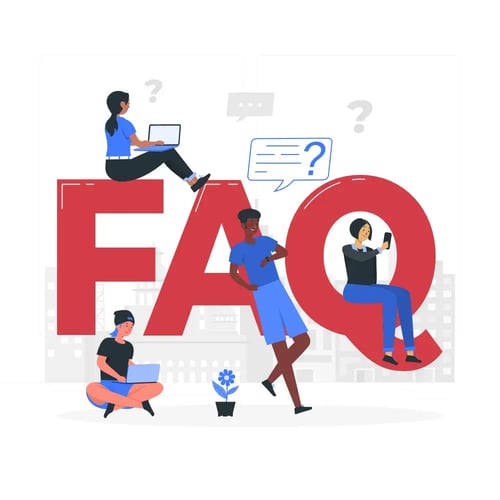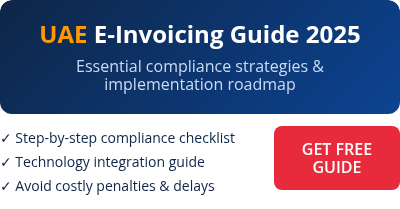Schedule a meeting
Mandatory e-invoicing in Slovakia
Slovakia is preparing to make e-invoicing mandatory across the board for B2G and B2B transactions under the Ministry of Finance's IS EFA (Informačný systém elektronickej fakturácie) program.
There is already e-invoicing in the B2G sector as part of the pilot, and the next phases are expected to cover all domestic B2B transactions as well.
According to the implementation plan:
-
2025-2026 - mandatory use of e-invoicing in settlements with public institutions (B2G),
-
from 2026/2027 - gradual introduction of mandatory e-invoicing in domestic B2B transactions.
The aim of the reform is to increase transparency, reduce the VAT gap and bring the legislation in line with the EU 's "VAT in the Digital Age" (ViDA) package.
Our solution provides full integration with EFA's IS system, enabling secure issuance and receipt of e-invoices and meeting future regulatory requirements in Slovakia.

E-invoicing standards in the Czech Republic
A central IS EFA (Informačný systém elektronickej fakturácie) platform is being developed in Slovakia, which will be a mandatory channel for the transmission of e-invoices in B2G relationships and, in subsequent stages, also in B2B.
The IS EFA system is based on structured formats compliant with the European standard EN 16931, which enables their automatic processing and validation by the tax administration.
The main components of the system are:
-
IS EFA - a central state platform for receiving and sending e-invoices,
-
Private operators - e-invoicing service providers who will be able to mediate the transmission of invoices to IS EFA,
-
EN 16931 compliant formats (e.g., UBL, CII) - used to issue and receive structured e-invoices,
-
Peppol - an optional network used mainly for international B2B transactions; some Slovak suppliers are accredited Peppol Access Points.


-
Reduction in operating costs by up to 25%
Automating processes and eliminating the need for local solutions significantly reduces operating costs.
-
Reduce deployment time by 40%
Off-the-shelf integrations and a proven implementation process allow the platform to be up and running quickly without lengthy IT projects.
-
Elimination of human error up to 90%
Automatic data processing reduces the risk of errors and speeds up workflow.
-
Full compliance with PEPPOL, KSeF, ZATCA, ANAF and other systems
The platform automatically adapts to local regulations in each country, ensuring business continuity.
-
Readiness for expansion and regulatory changes
A single, scalable platform means full flexibility to expand into new markets without technical barriers.
You send invoices and documents to administrations and business partners in Europe directly through PEPPOL, without additional integrations.
Compliance with EU security and interoperability standards (including eIDAS and RODO).
Fewer exceptions, more automation - all PEPPOL countries (e.g., Germany, France, Scandinavia, Benelux) "understand" documents sent via this route.
Peace of mind for CFOs and accountants - because documents are sent through a trusted, controlled channel that complies with EU regulations.
Ready for KSeF? We are.
Don't let compliance slow you down. Let us handle the complexities of KSeF while you focus on development.
Frequently Asked Questions (FAQ)
-
Will foreign entities registered for VAT in Poland also be required to issue e-invoices?
Yes. The enacted law does not impose any entity restrictions on the ability to issue e-invoices. At the moment, there is no indication that the obligation to use structured invoices, which is effective from 2023, will not be universally applicable.
-
Will all sales invoices have to be issued as e-invoices, or only those for domestic contractors?
Yes. The enacted law does not impose any restrictions in this regard.
-
Will it be possible to send invoices (individually or in bulk) without using the API, through an interface accessible to employees?
To date, the Ministry of Finance has only published documentation on how to communicate with the National e-Invoicing System (KSeF) using the API. This means that taxpayers must have their own software capable of using this API. However, there are plans to launch a KSeF platform for issuing, viewing and downloading invoices, as well as an update to the e-Microfirma tool that will allow users to generate e-invoices manually.
-
Will the invoice issuer be able to download the invoice image from KSeF to print or email to the contractor?
If the recipient has not fully accepted to receive invoices via KSeF, the invoice must be sent via an alternative agreed method, such as e-mail. In this case, it will likely be necessary to send the invoice directly from the issuer's system.
At this stage, there are no detailed technical specifications on how to retrieve invoices from KSeF. -
How will attachments to invoices, such as energy consumption reports or protocols, be provided to contractors?
The current structured invoice format does not allow attachments to e-invoices. As a result, any necessary attachments will have to be sent outside the system, based on arrangements with individual contractors.
-
Can the retention period for invoices be extended, and if not, how should they be stored after 10 years?
No. Structured invoices will be stored in the National e-Invoice System (KSeF) for a period of 10 years. If the law requires the taxpayer to store invoices beyond this period, the taxpayer will have to ensure their storage on its own.
In addition, it will be necessary to guarantee the authenticity of origin, integrity of content and legibility of invoices.

Expert opinion
Digitization is no longer about choice - it's about speed and scale. And a well-chosen technology can turn an obstacle into an advantage. That's why it's important to think globally from the start. Even if you're currently operating in just one market, things can change quickly. Regulations evolve, markets open up - and being well prepared at the start avoids chaos and costly adjustments in the future.



